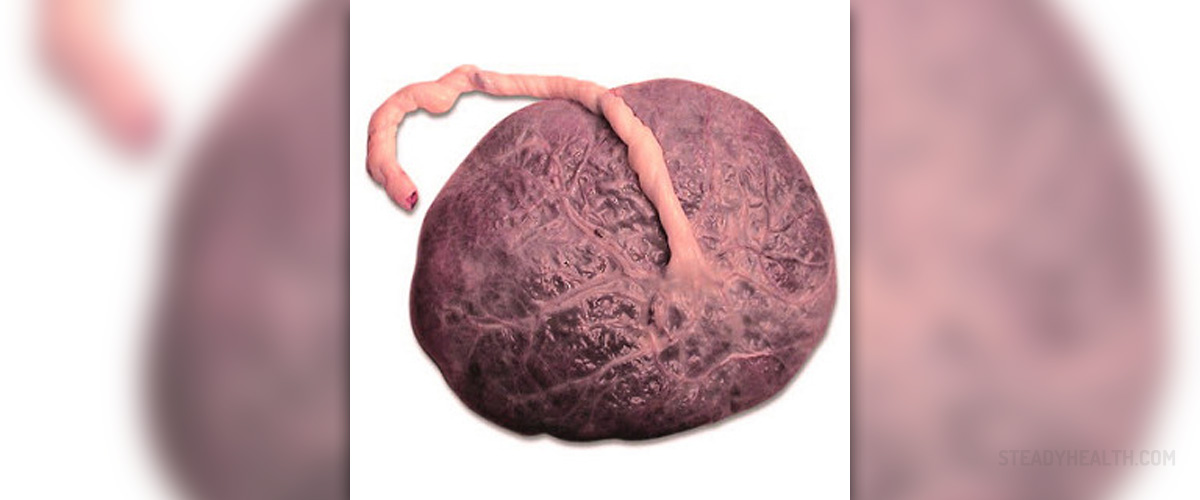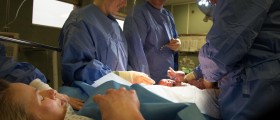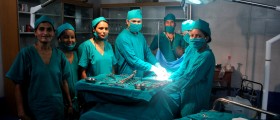
After you deliver your baby, the placenta should follow soon after. Depending on where you give birth and with what kind of healthcare providers in attendance, your placenta will either come out naturally or get a little "support". Many hospitals want the placenta to be born within half an hour or an hour after your baby, and will manage its birth actively if this does not happen. That means you might be given pitocin, the same drug that is used in inductions, to help it come out. After the placenta comes out, it will be thoroughly examined. If it is whole, your healthcare team will know that there is no remaining tissue in your uterus. But if some of the placenta appears to be missing, extraction of the remaining parts will be recommended in an effort to fight possible infection. You will probably get the chance to see your placenta if you want to, but that's certainly not obligatory!
Some women donate their placenta for medical research, others just have them disposed of, and yet others take them home to bury them under a tree, for instance. If you want to take your placenta home with you after a hospital birth, you should notify the staff in advance so that they don't dispose of it. For more about the placenta, take a look at placenta previa what now? and symptoms of placental abruption.













Your thoughts on this
Loading...